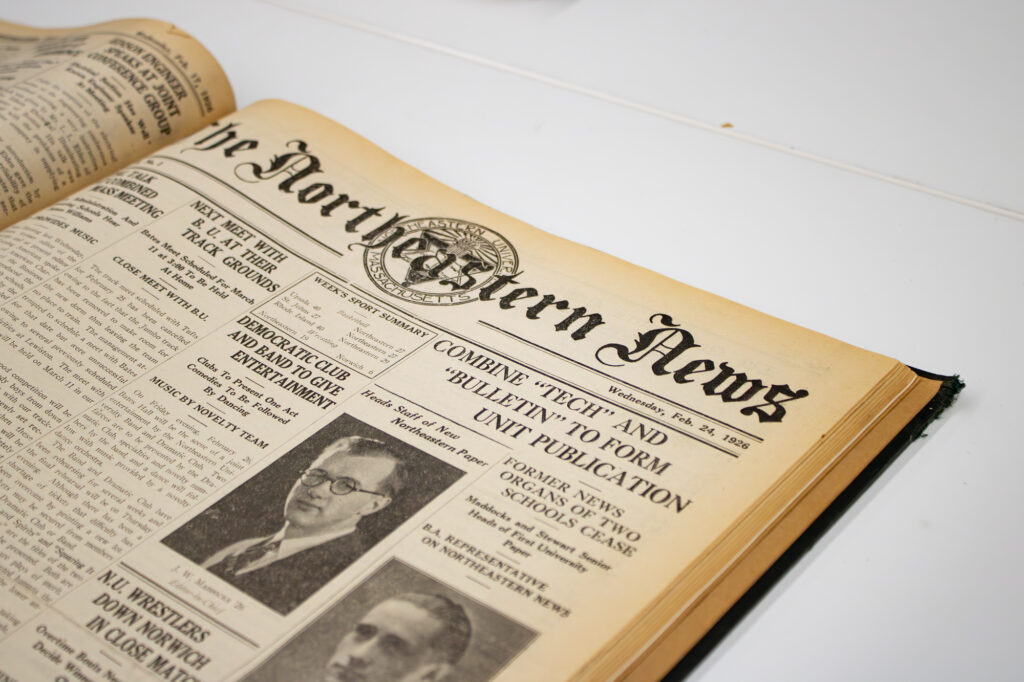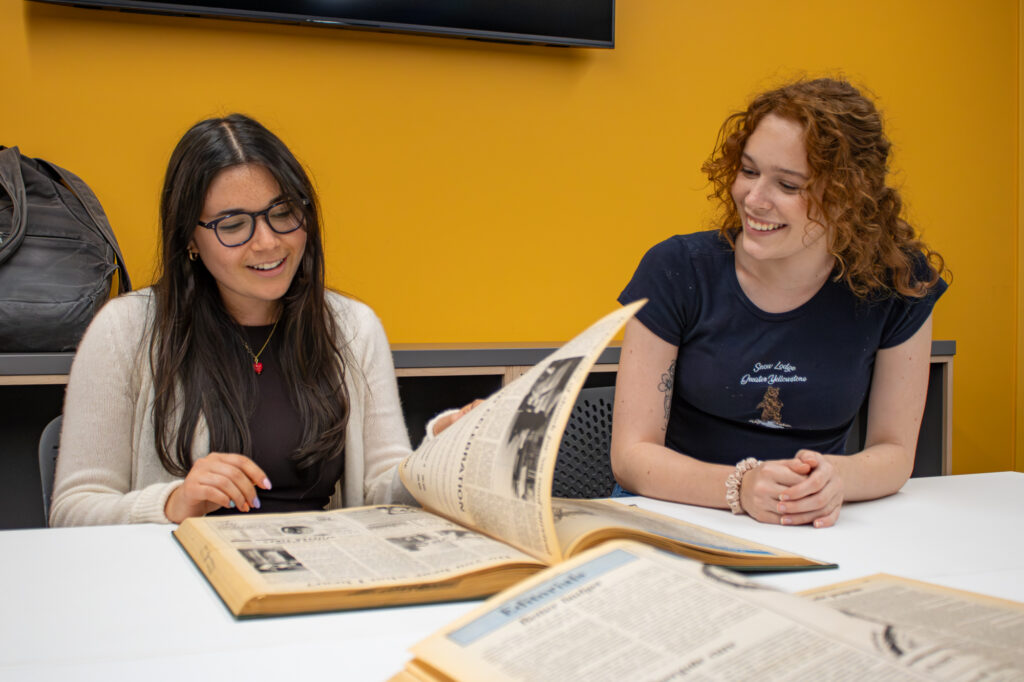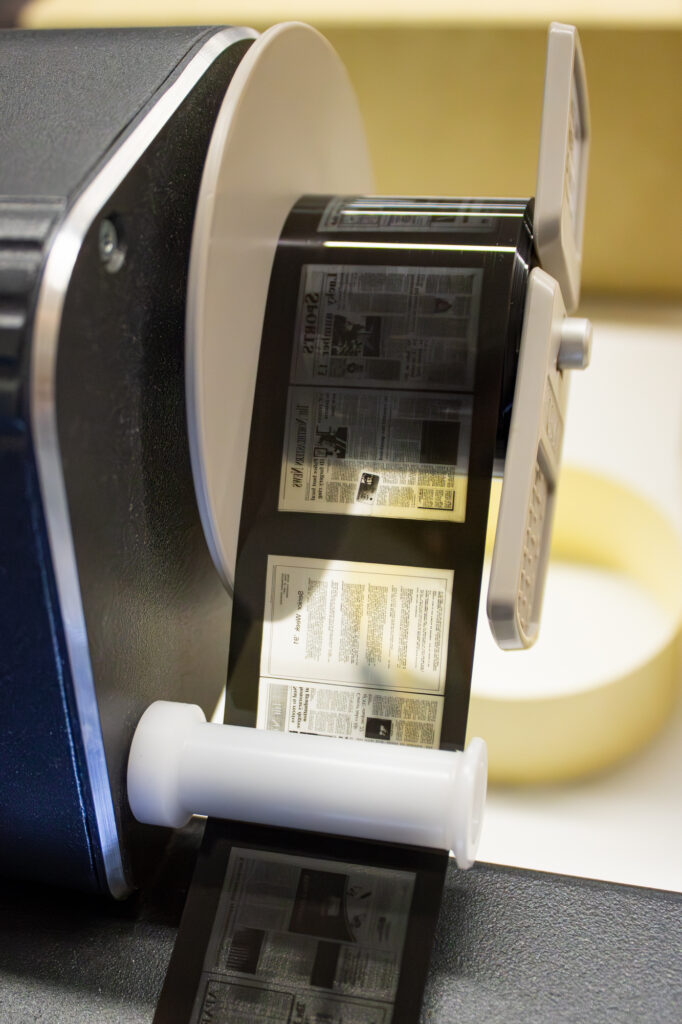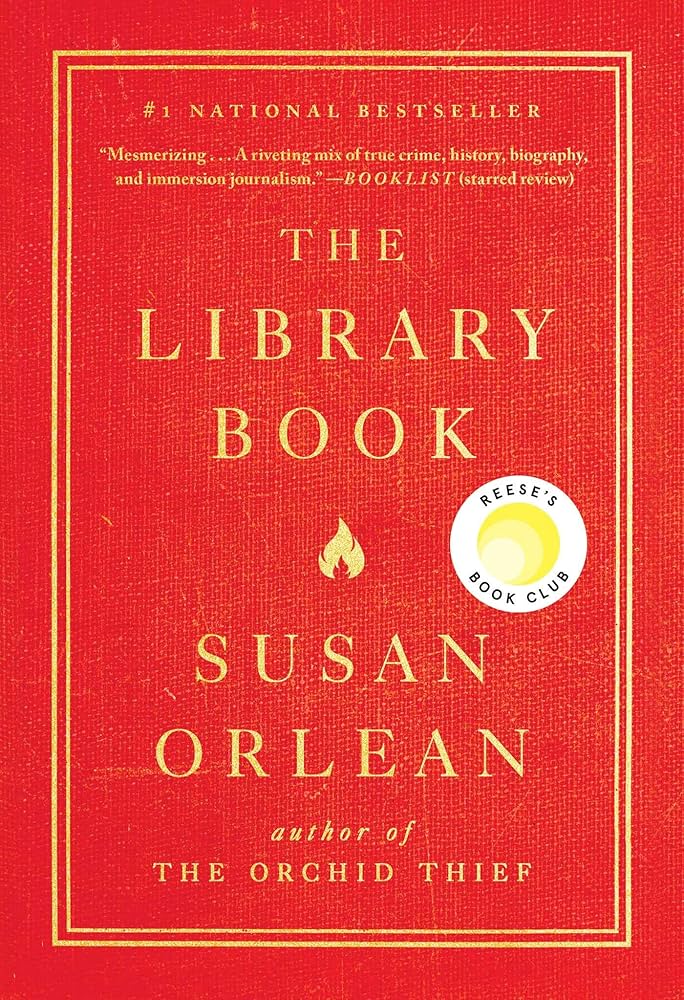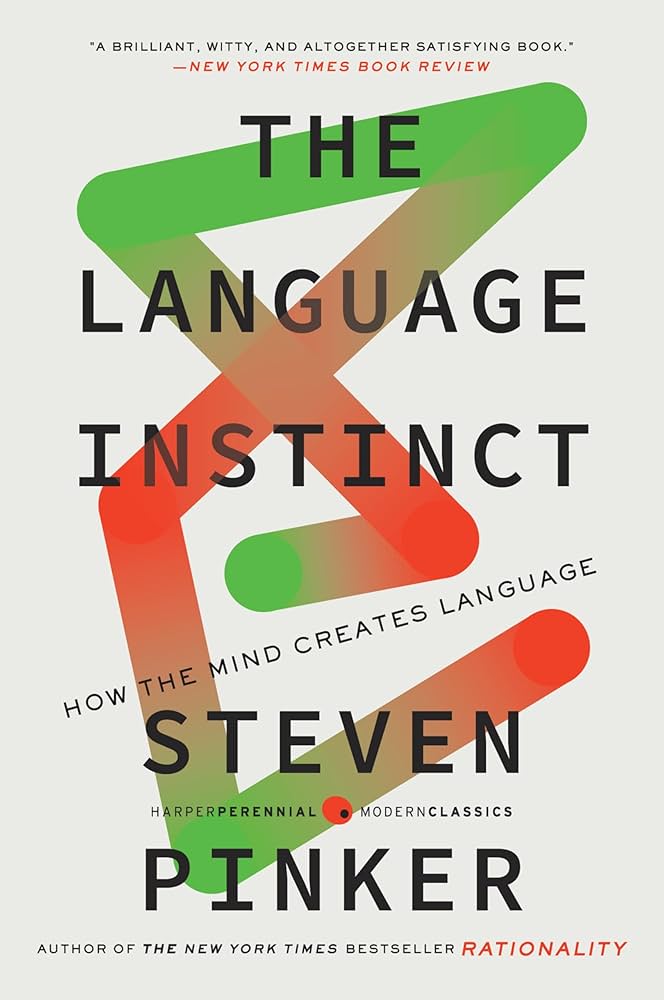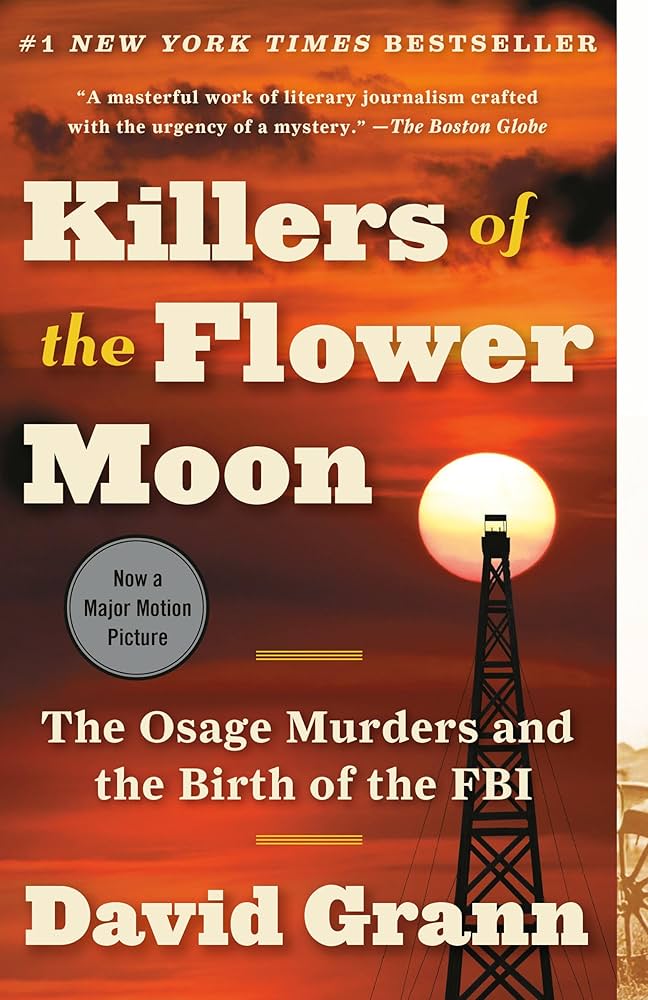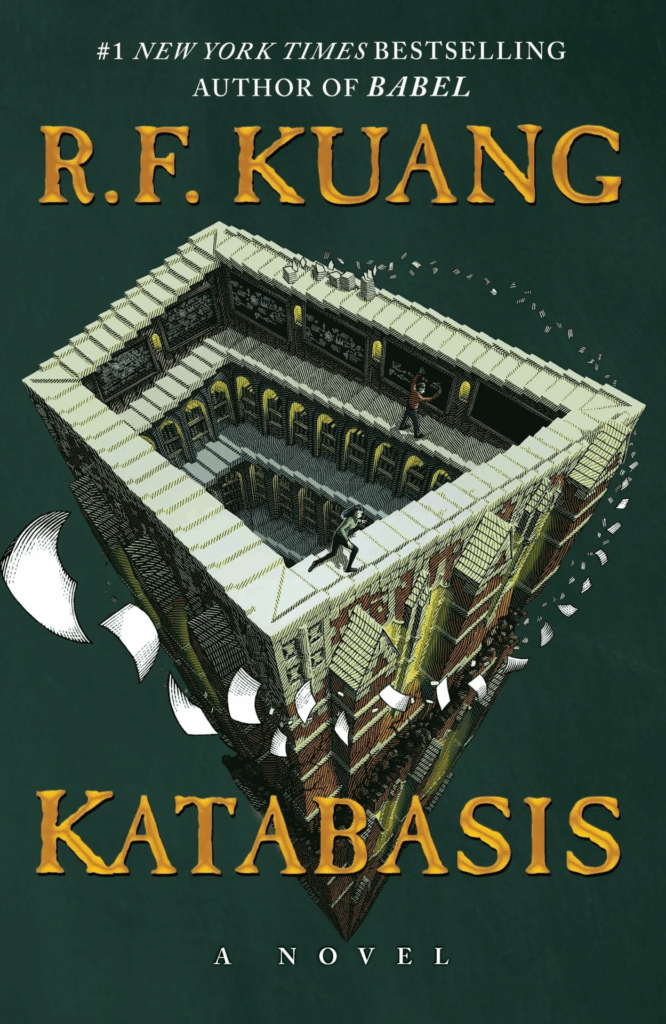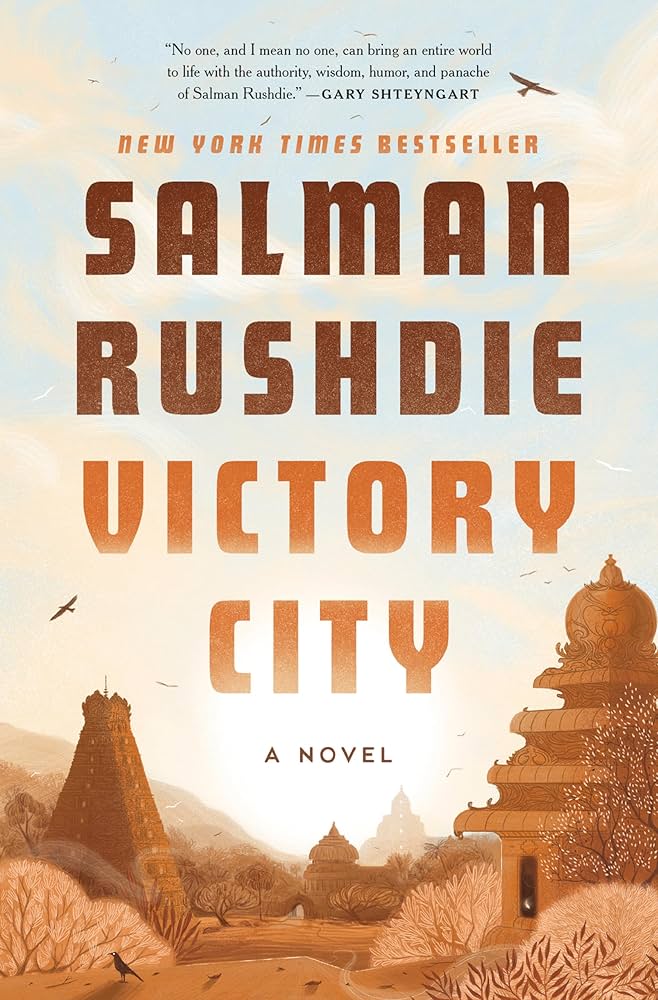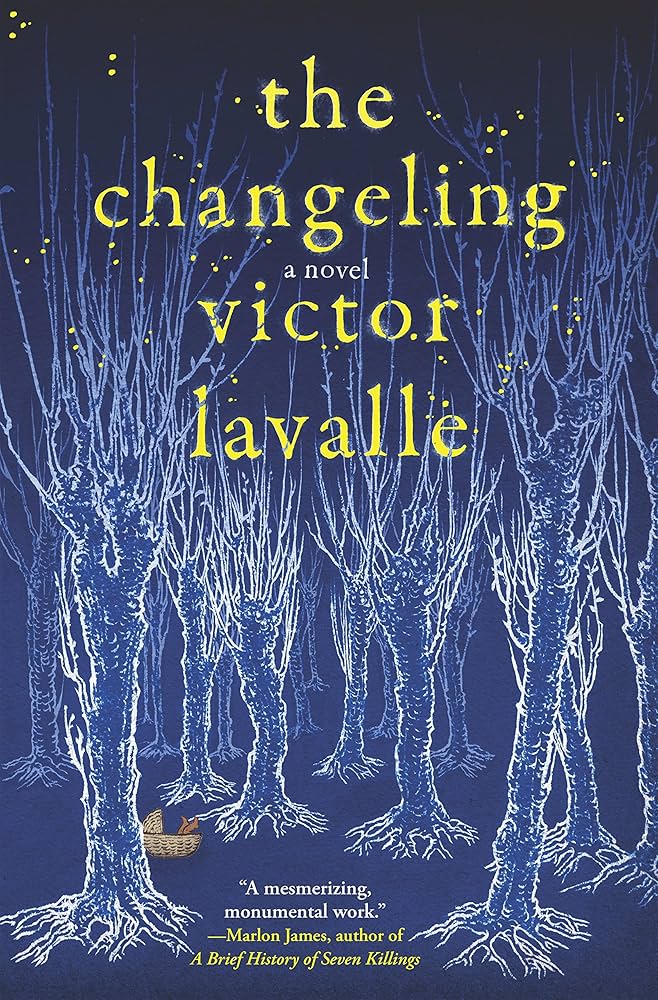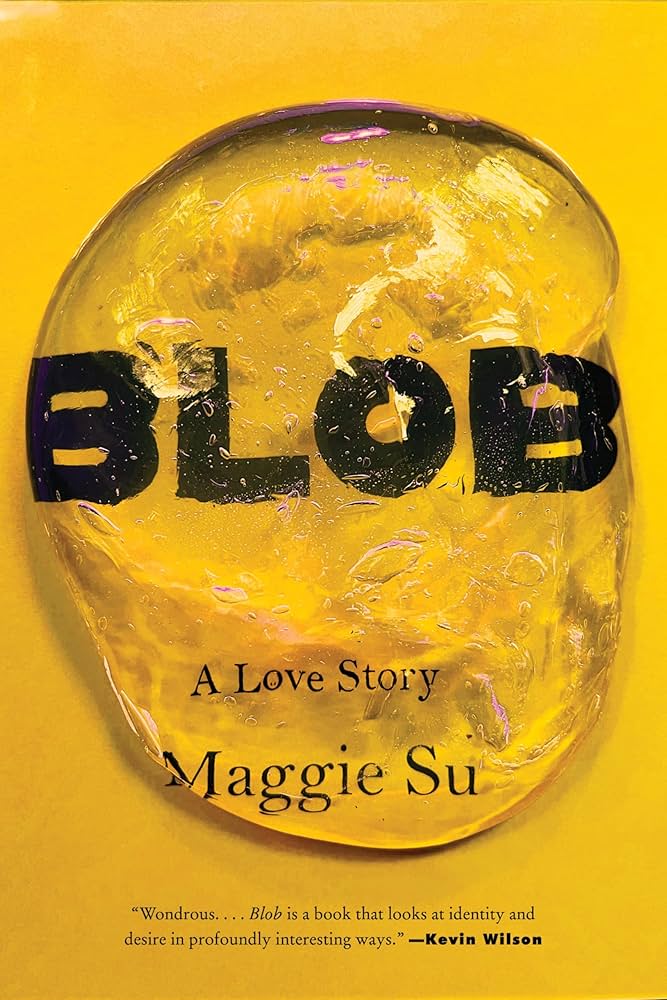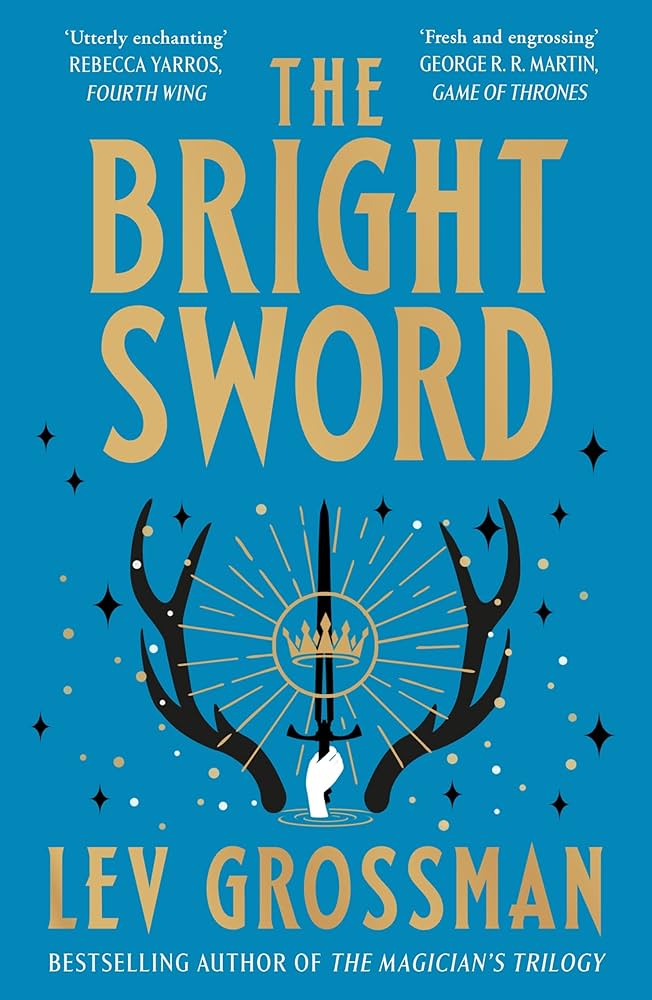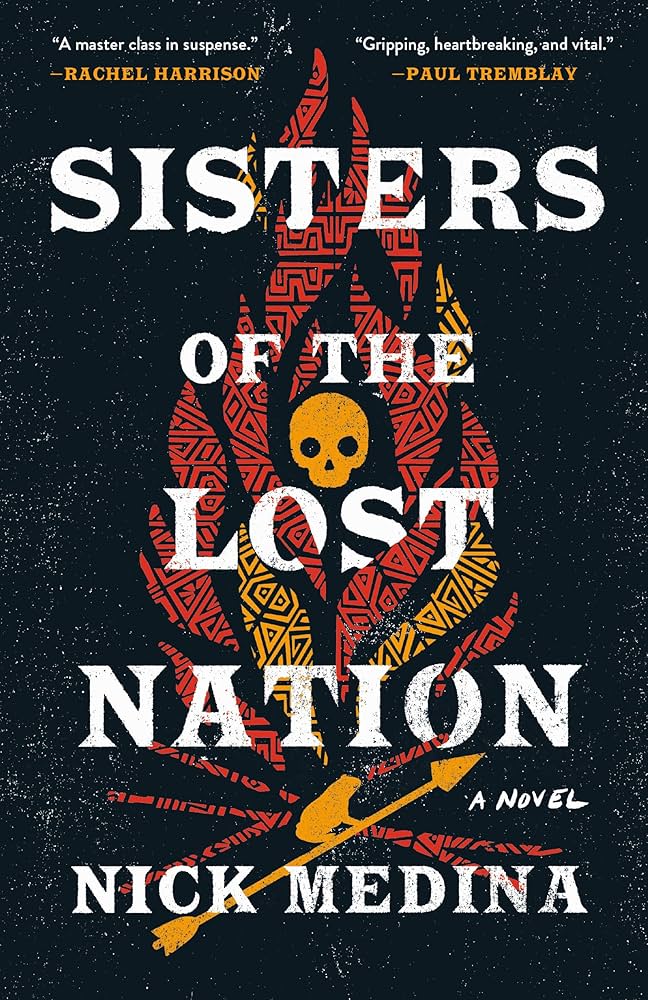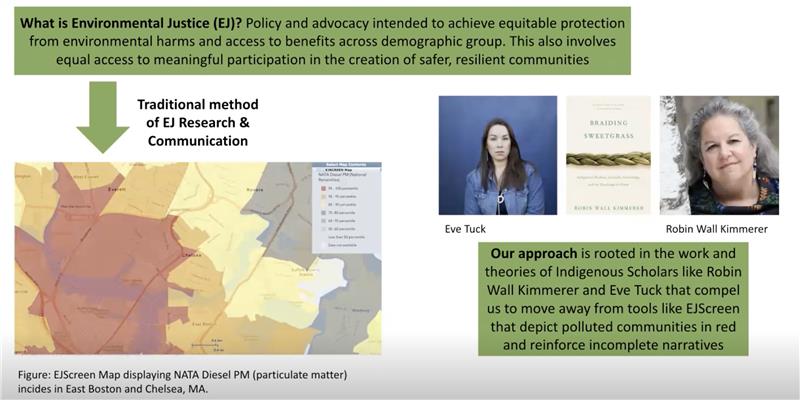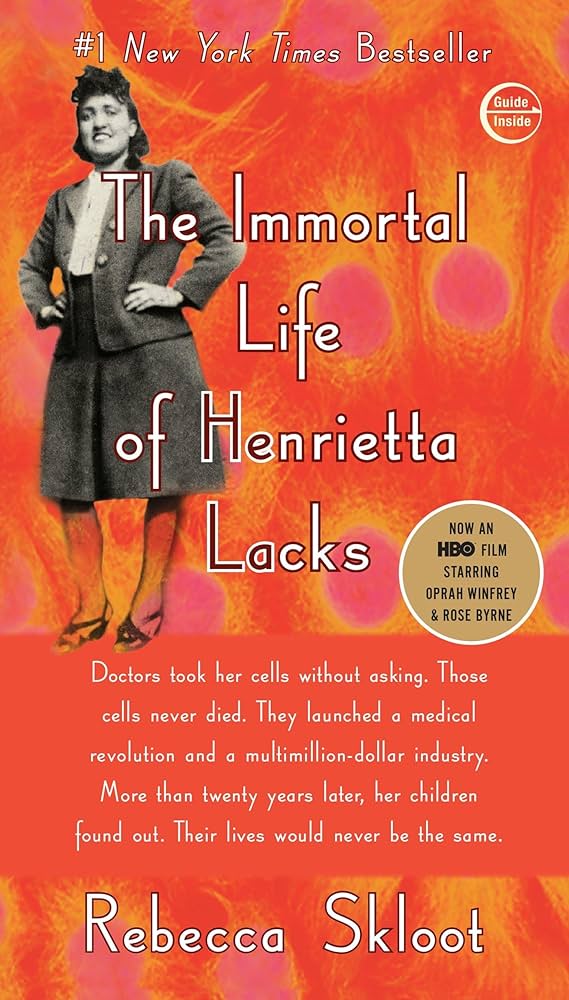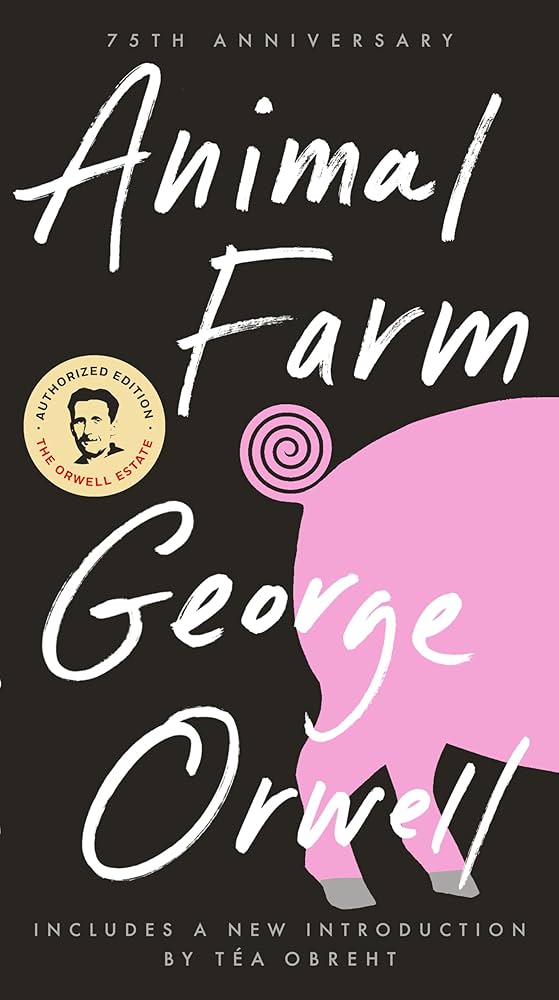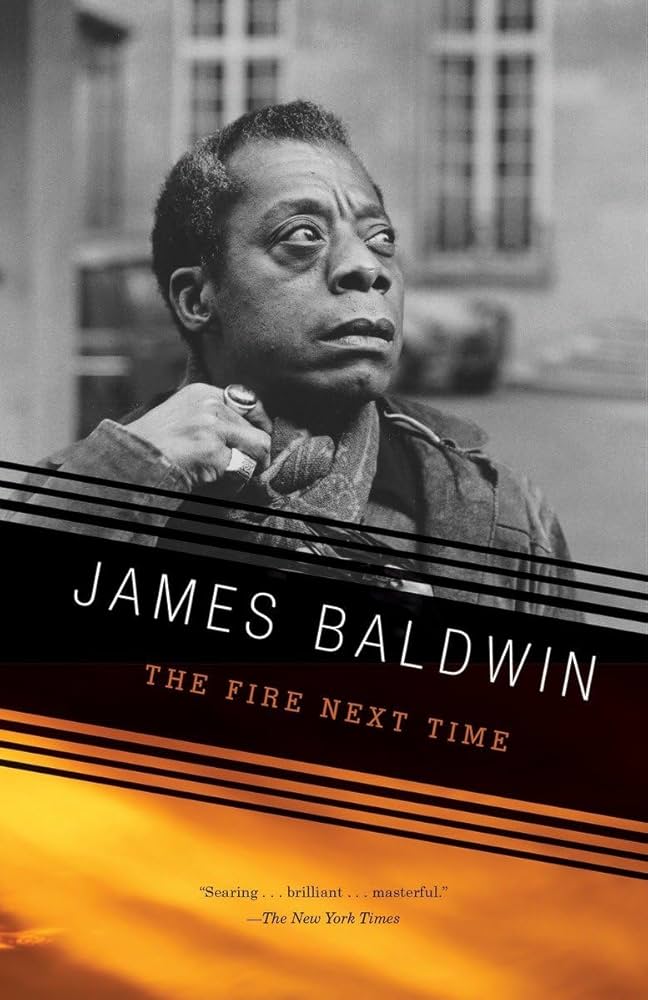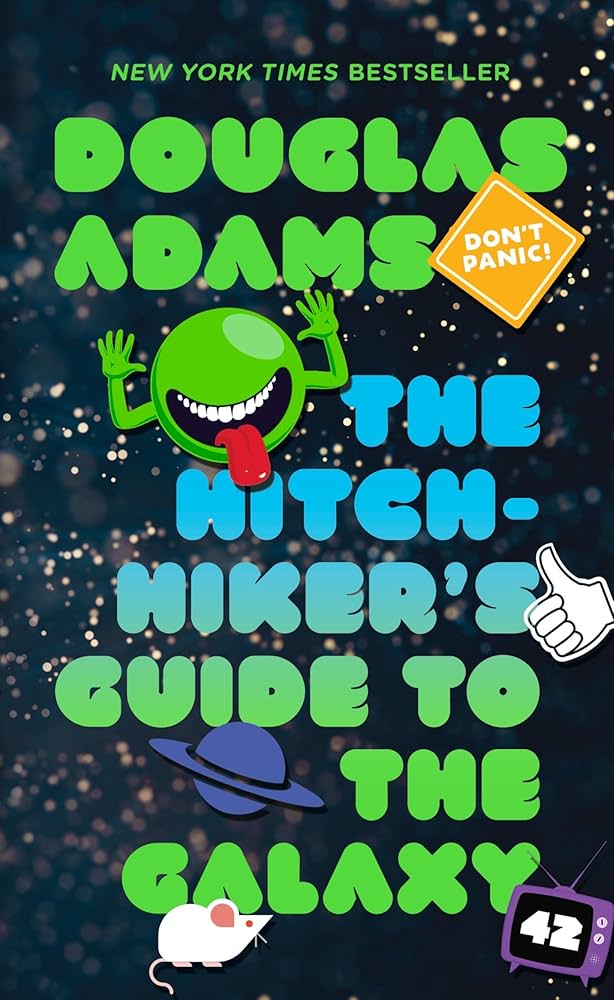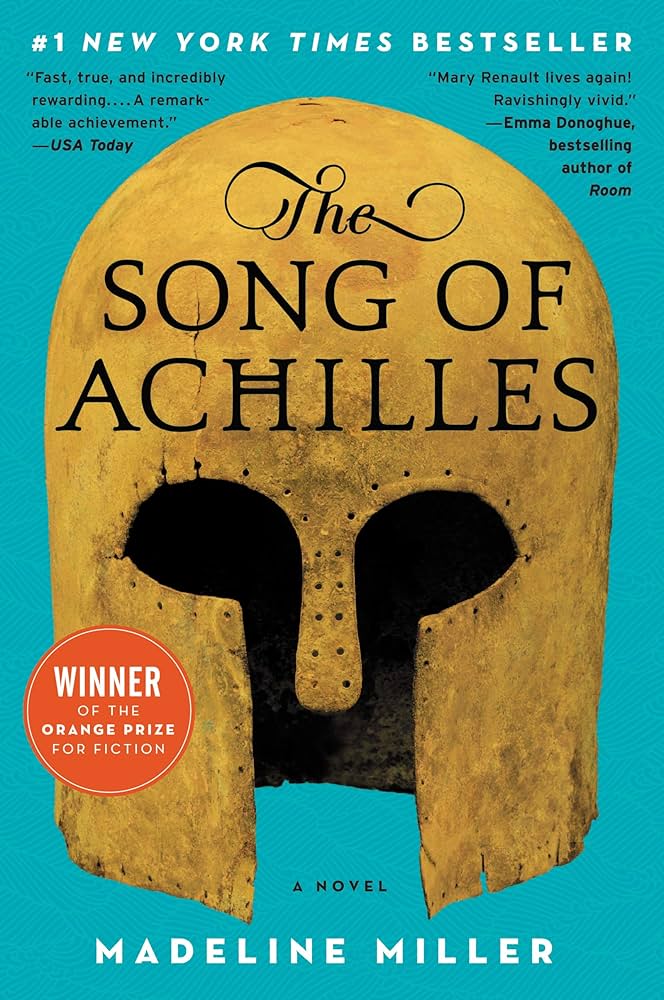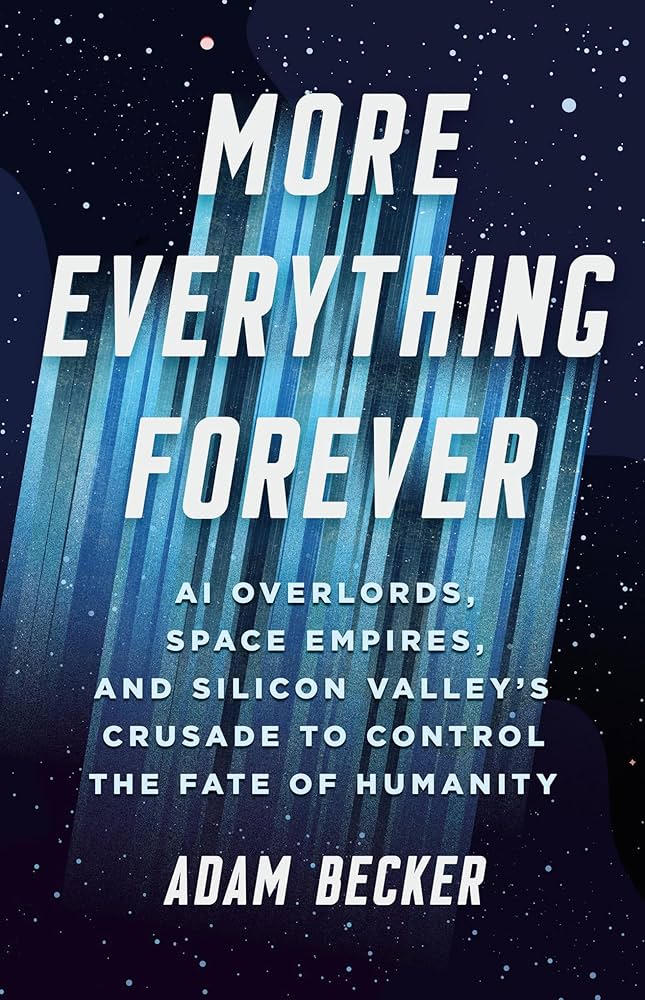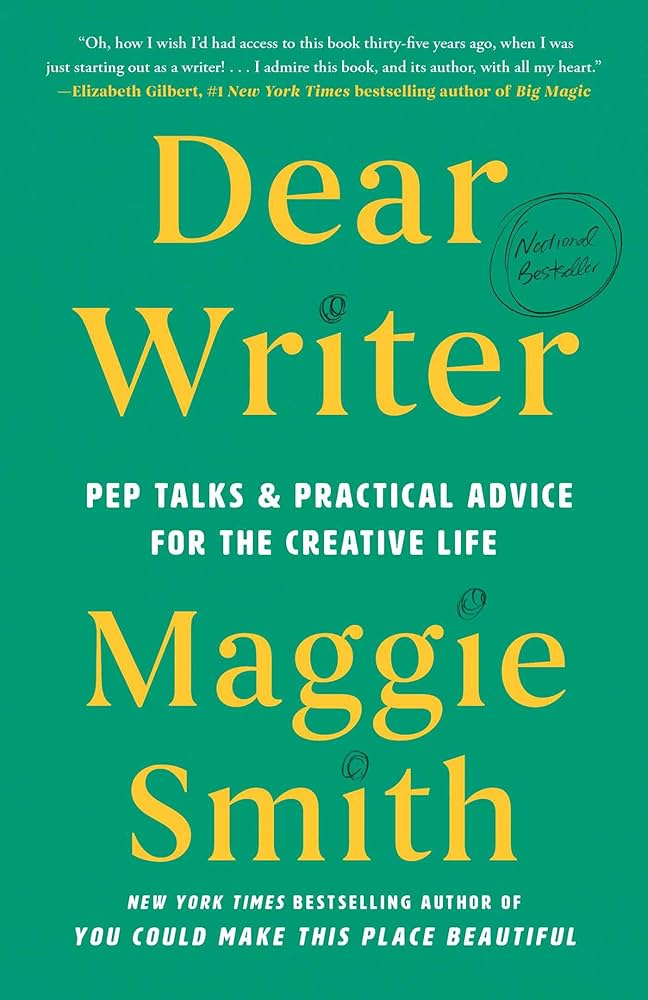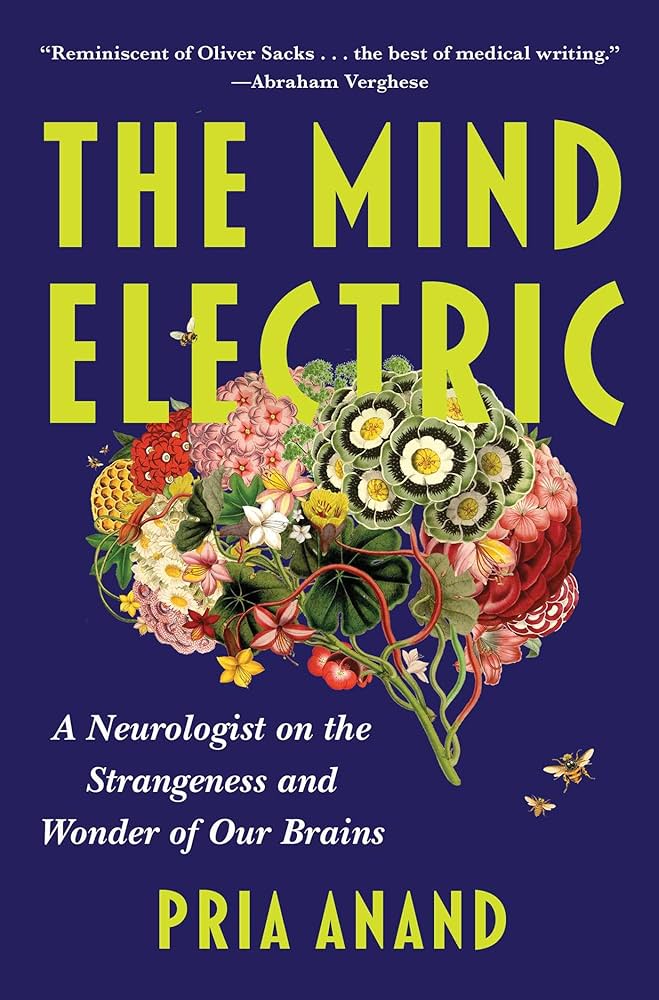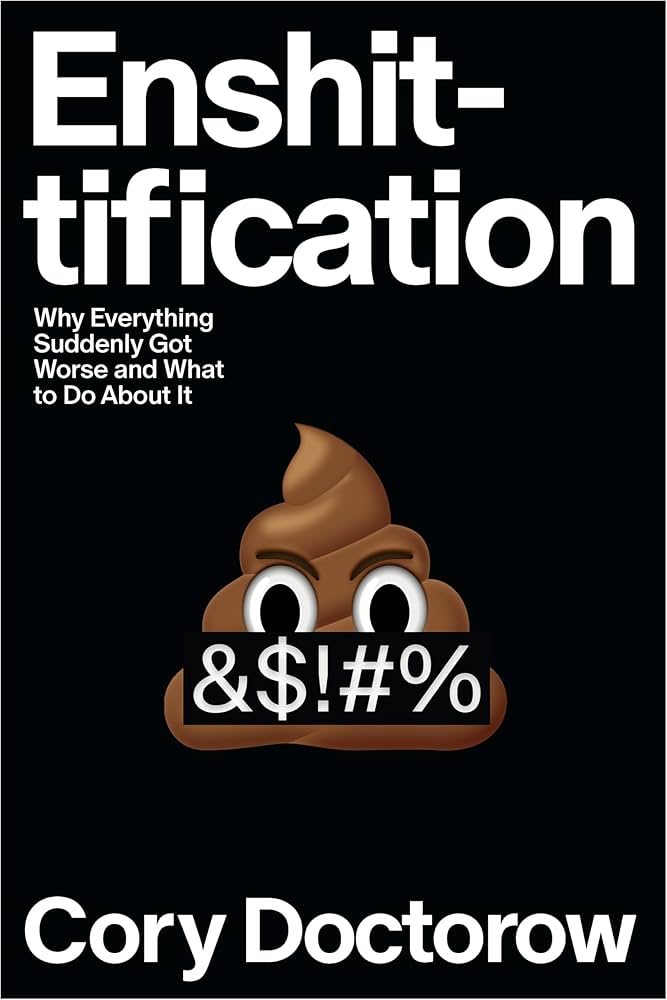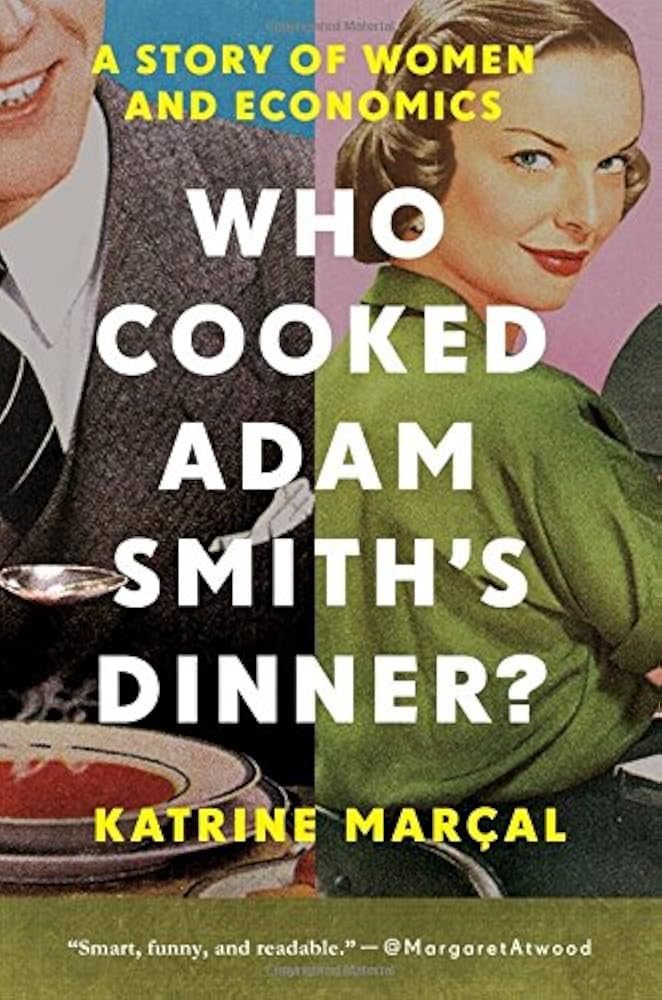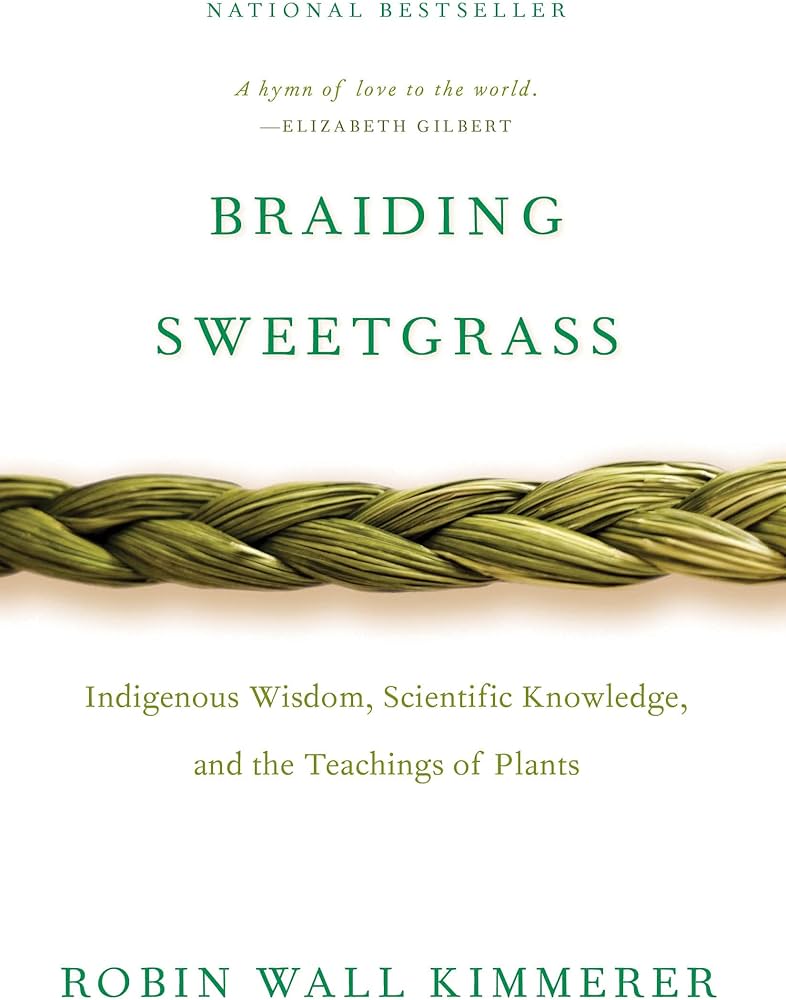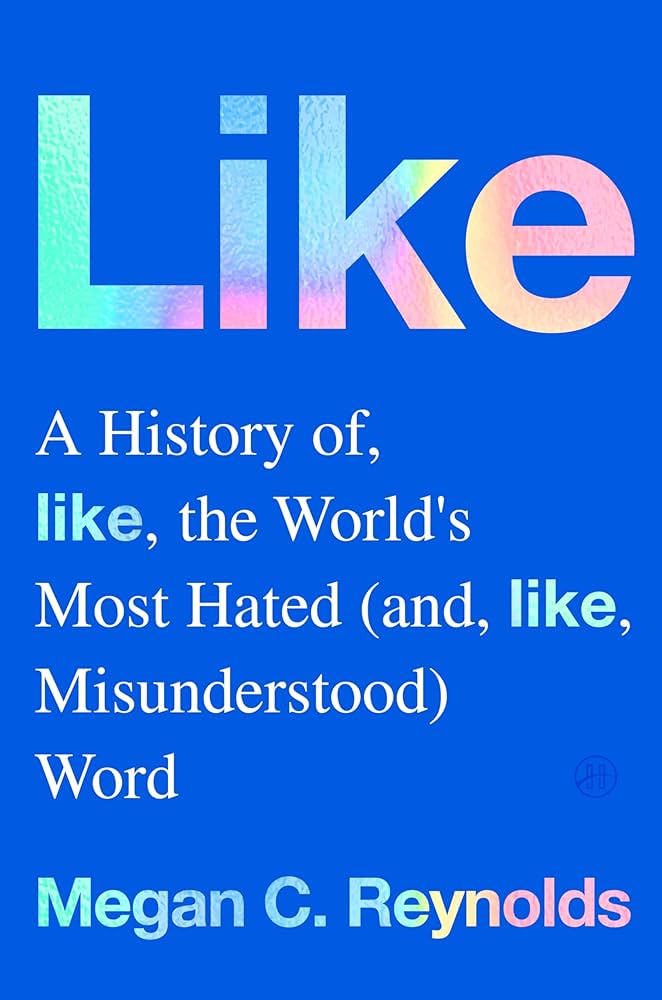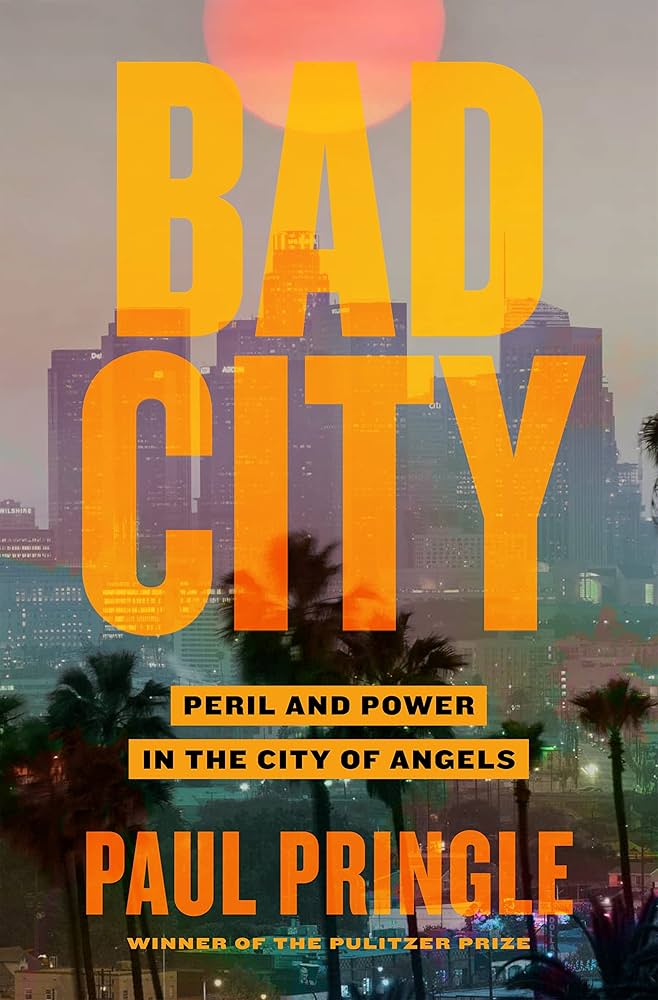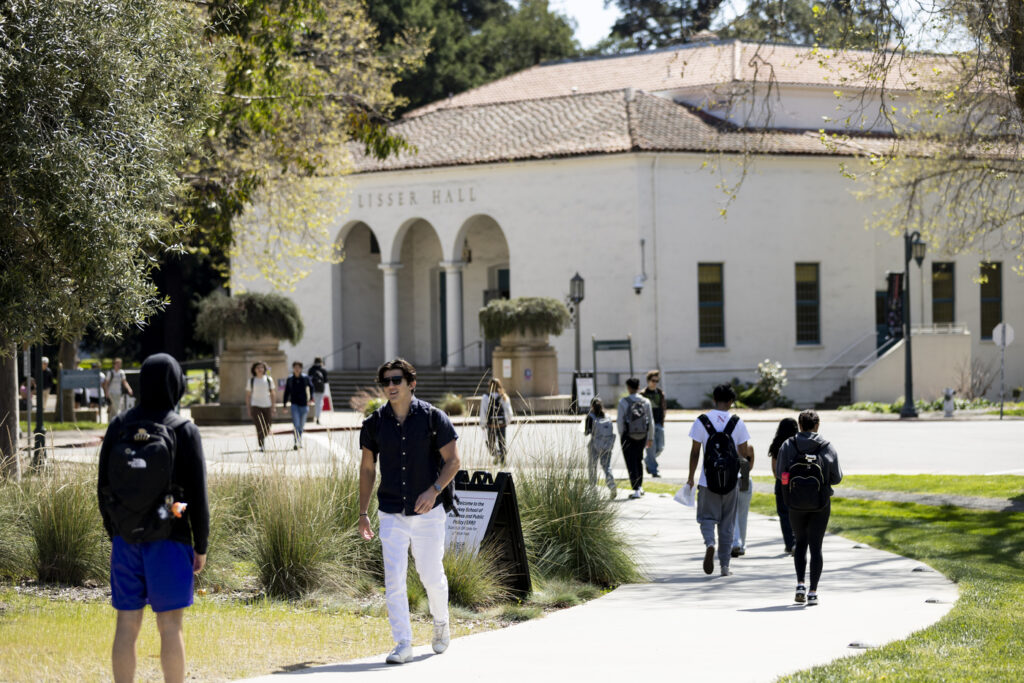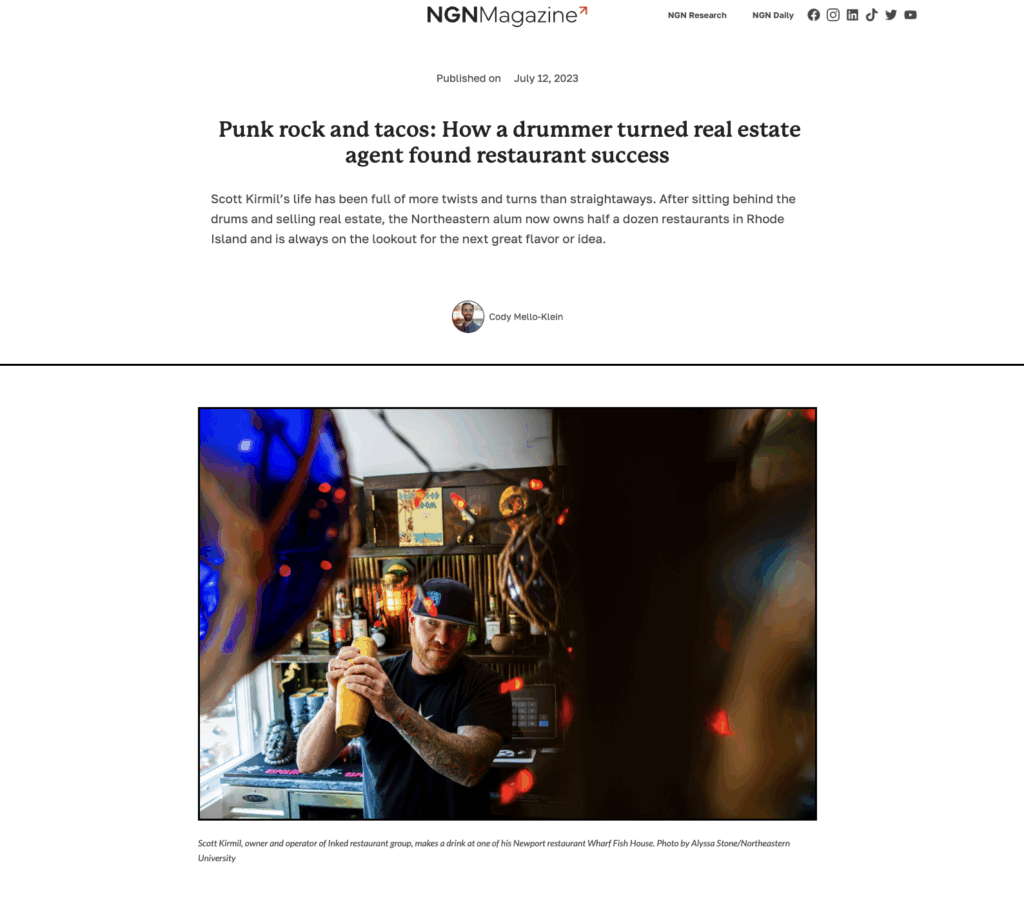In October, we celebrated Banned Books Week and the freedom to read by asking you to read a book that has been banned or challenged. Our winning reader is Fresnel Fabian, who takes home a Northeastern University Library READ poster! To be eligible for the prize drawing, make sure to read a book that fits the month’s theme and then tell us about it.
Congratulations to everyone who participated in the Reading Challenge this month. Here are a few of the books you read. (Comments may have been edited for length or clarity.)
What You Read in October
The Immortal Life of Henrietta Lacks, Rebecca Skloot
Find it at Snell Library | Find it at F.W. Olin Library | Read the e-book | Listen to the audiobook
“It was so good! As a bio major, this is a must-read because it dives into the person behind so many of the discoveries you will learn about in classes. This book shares the human side of the story of HeLa cells and honestly made me teary-eyed at parts. The book is so eye-opening and it’s definitely going to change the way I think about healthcare for the rest of my life.” — Rhea
Animal Farm, George Orwell
Find it at Snell Library | Find it at F.W. Olin Library
“The way in which the author uses the animals and their characteristics to explain a society that is embracing an idea that promises to liberate that society, which leads to the enslavement of the society, is insightful. It points out the hypocrisy of the leaders who become corrupted as soon as they get a taste of power. The author tells us a cautionary tale about the pitfalls of the revolution.” — Fresnel
The Fire Next Time, James Baldwin
Find it at Snell Library | Find it at F.W. Olin Library | Read the e-book
“I thought that the book was extremely intelligently written. I’m glad I picked this up and am very intrigued by a new perspective on the state of racial tension and conflict in 1960s America.” — Nikolas
The Hitchhiker’s Guide to the Galaxy, Douglas Adams
Find it at Snell Library | Find it at F.W. Olin Library | Read the e-book | Listen to the audiobook
“I’ve been really into space and science fiction recently and this book is extremely well-written and humorous. My favorite thing about this book is that it’s really unpredictable, especially certain characters that would say out-of-pocket and bizarre comments that seem really silly on the surface level but are actually quite meaningful and deep after you think about it.” — Hannah
1984, George Orwell
Find it at F.W. Olin Library | Read the e-book | Listen to the audiobook
“1984 hit me harder than I expected. It’s eerie how Orwell’s world of control and twisted truth mirrors parts of our reality today. It’s not just a story about surveillance; it’s a reflection on how fragile freedom and individuality really are. The book lingers in your mind, quietly reminding you to stay awake to the world around you.” — Om
The Song of Achilles: A Novel, Madeline Miller
Find it at Snell Library | Find it at F.W. Olin Library | Read the e-book
“The Song of Achilles is a beautifully written retelling of the Trojan War from Patroclus’s perspective, offering a fresh and emotional look at his relationship with Achilles. The characters felt deeply human, and their bond is developed with sincerity and nuance. Overall, it’s a heartfelt and memorable take on a classic myth.” — Alison
Suggested Reads for November
As we get closer to the end of the semester, we’re challenging you to read a book about your major or the field you’re studying. Check out our recommended e-book and audiobook titles in Libby, or stop by the Snell Library lobby from 1 – 3 p.m. on Wednesday, November 12, and Thursday, November 13, to browse print books, get recommendations from librarians, and pick up Reading Challenge swag.
If you’re studying engineering or entrepreneurship…
More Everything Forever: AI Overlords, Space Empires, and Silicon Valley’s Crusade to Control the Fate of Humanity, Adam Becker
Read the e-book
Tech billionaires have decided that they should determine our futures for us. According to Elon Musk, Jeff Bezos, Sam Altman, and more, the only good future for humanity is one powered by technology. In More Everything Forever, science journalist Adam Becker investigates these wildly implausible and often profoundly immoral visions of tomorrow. The giants of Silicon Valley claim that their ideas are based on science, but the reality is darker: they come from a jumbled mix of shallow futurism and racist pseudoscience. More Everything Forever exposes the powerful and sinister ideas that dominate Silicon Valley, challenging us to see how foolish, and dangerous, these visions of the future are.
If you’re studying English literature or writing…
Dear Writer: Pep Talks & Practical Advice for the Creative Life, Maggie Smith
Listen to the audiobook
Drawing from her 20 years of teaching experience and her bestselling Substack newsletter, For Dear Life, Maggie Smith breaks down creativity into 10 essential elements: attention, wonder, vision, play, surprise, vulnerability, restlessness, tenacity, connection, and hope. Each element is explored through short, inspiring, and craft-focused essays, followed by generative writing prompts. Dear Writer provides tools that artists of all experience levels can apply to their own creative practices and carry with them into all genres and all areas of life.
If you’re studying health sciences or behavioral neuroscience…
The Mind Electric: A Neurologist on the Strangeness and Wonder of Our Brains, Pria Anand
Read the e-book | Listen to the audiobook
A girl believes she has been struck blind for stealing a kiss. A mother watches helplessly as each of her children is replaced by a changeling. A woman is haunted each month by the same four chords of a single song. In neurology, illness is inextricably linked with narrative, the clues to unraveling these mysteries hidden in both the details of a patient’s story and the tells of their body. In The Mind Electric, neurologist Pria Anand reveals all that the medical establishment has overlooked: the complexity and wonder of brains, and the vast gray area between sanity and insanity, doctor and patient, and illness and wellness, each separated from the next by the thin veneer of a different story.
If you’re studying business administration or computer sciences…
Enshittification: Why Everything Suddenly Got Worse and What to Do About It, Cory Doctorow
Find it at Snell Library | Listen to the audiobook
We’re living through the Enshittocene, the Great Enshittening, a time in which the services that matter to us, that we rely on, are turning into giant piles of shit. When Cory Doctorow coined the term “enshittification,” he was not just finding a funner way tot say “things are getting worse.” He was making a specific diagnosis about the state of the digital world and how it is affecting all of our lives (and not for the better). Here, now, in Enshittification the book, Doctorow moves the conversation beyond the overwhelming sense of our inevitably enshittified fate. He shows us the specific decisions that led us here, who made them, and — most important — how they can be undone.
If you’re studying music or psychology…
Musicophilia: Tales of Music and the Brain, Oliver Sacks
Read the e-book
Neurologist Oliver Sacks explores the place music occupies in the brain and how it affects the human condition. In Musicophilia, he shows us a variety of what he calls “musical misalignments.” Among them: a man struck by lightning who suddenly desires to become a pianist at the age of 42; an entire group of children with Williams syndrome, who are hypermusical from birth; people with “amusia,” to whom a symphony sounds like the clattering of pots and pans; and a man whose memory spans only seven seconds — for everything but music.
If you’re studying economics, public policy, or women’s, gender, and sexuality studies…
Who Cooked Adam Smith’s Dinner? A Story of Women and Economics, Katrin Marçal
Find it at Snell Library | Find it at F.W. Olin Library | Read the e-book
How do you get your dinner? That is the basic question of economics. When economist and philosopher Adam Smith proclaimed that all our actions were motivated by self-interest, he used the example of the baker and the butcher as he laid the foundations for “economic man,” arguing that the baker and butcher didn’t give food out of the goodness of their hearts. It’s an ironic point of view coming from a bachelor who lived with his mother for most of his life — a woman who cooked his dinner every night. Such a viewpoint disregards the unpaid work of mothering, caring, cleaning, and cooking. It insists that if women are paid less, then that’s because their labor is worth less. Who Cooked Adam Smith’s Dinner? charts the myth of economic man in a witty and courageous dismantling of one of the biggest myth of our time.
If you’re studying biology, history, or anthropology…
Braiding Sweetgrass: Indigenous Women, Scientific Knowledge, and the Teachings of Plants, Robin Wall Kimmerer
Find it at Snell Library | Find it at F.W. Olin Library | Read the e-book | Listen to the audiobook
As a botanist and professor of plant ecology, Robin Wall Kimmerer has spent a career learning how to ask questions of nature using the tools of science. As a Potawatomi woman, she learned from elders, family, and history that the Potawatomi consider plans and animals to be our oldest teachers. In Braiding Sweetgrass, Kimmerer brings these two lenses of knowing together to reveal what it means to see humans as “the younger brothers of creation.” As she explores these themes, she circles toward a central argument: The awakening of a wider ecological consciousness requires the acknowledgement and celebration of our reciprocal relationship with the world.
If you’re studying sociology, linguistics, or communication studies…
Like: A History of the World’s Most Hated (and, like, Misunderstood) Word, Megan C. Reynolds
Read the e-book
Few words in the English language are as misunderstood as “like.” Indeed, excessive use of this word is a surefire way to make those who pride themselves on propriety, both grammatical and otherwise, feel compelled to issue correctives. But what the detractors of the word fail to understand is its true function and versatility — as an exclamation, a filler of space, a means of subtle emphasis, and more. In this book, culture writer Megan C. Reynolds takes us through the unique etymology and usage of this oft-reviled word, highlighting how it is often used to undermine people who are traditionally seen as having less status in society — women, younger people, people from specific subcultures — and how, if thought about differently, it might open up a new way of communication and validation.
If you’re studying journalism, law, or urban studies…
Bad City: Peril and Power in the City of Angels, Paul Pringle
Listen to the audiobook
On a cool, overcast afternoon in April 2016, a salacious tip arrived at the L.A. Times that reporter Paul Pringle thought should have taken, at most, a few weeks to check out: a drug overdose at a fancy hotel involving one of the University of Southern California’s shiniest stars — Dr. Carmen Puliafito, the head of the prestigious medical school. Pringle knew that reporting the story wouldn’t be a walk in the park. USC is the largest private employer in the city of Los Angeles, and it casts a long shadow. But what he couldn’t have foreseen was that this tip would lead to the unveiling of not one major scandal at USC but two, wrapped in a web of crimes and cover-ups. The rot rooted out by Pringle and his colleagues at The Times would creep closer to home than they could have imagined — spilling into their own newsroom. This is LA at its darkest and investigative journalism at its brightest.
Whatever you read, make sure you tell us about it to enter the November prize drawing. Good luck, and happy reading!
